Transcription of NEUROBIOLOGY LABORATORY MCB 160L
1 NEUROBIOLOGY LABORATORY mcb 160l Compiled by Professors David Bentley Gian Garriga Ehud Isacoff David Larue Robert Zucker of the NEUROBIOLOGY Division, Molecular and Cell Biology Department Spring Semester 2014 Notice to Students: Read Exercise 1 before coming to first class meeting! Portions copyright Robert S. Zucker and David Bentley, 2001. All federal and state copyrights reserved for all original material presented in this course through any medium, including lecture or print. mcb 160l Organization 1 1 COURSE ORGANIZATION Introduction This course has several objectives. One is to introduce you to a variety of techniques used by neurobiologists to gain an understanding of how nervous systems work.
2 Another is to develop exercises that improve your understanding of key principles in neuroscience. A third is to give you some idea of the skills that must be developed to be able to do neurobiological research. A fourth is to give you some idea of what it is like to grapple with neurobiological problems and seek experimental evidence to test hypotheses of how things work. A fifth is to provide you with enough familiarity with some aspects of neurobiological research that you can engage in independent honors research in faculty laboratories. Lastly, we hope this course will help you decide whether you are suited for a career in neurobiological research. NEUROBIOLOGY is a very diverse field.
3 The nervous system is studied by an incredible variety of techniques in electrophysiology, biochemistry, anatomy, cell biology, molecular biology, genetics, behavioral analysis, biophysics, psychophysics, theoretical modeling, etc. No one is conversant with all these techniques, even those who are experts at some of them. There is no time to even expose you to all of these techniques. Rather, this course will select a few examples, from electrophysiology, cell biology, psychophysics, computer modeling, molecular biology, genetics, and anatomy. Experiments will be done on invertebrates, simple vertebrates, and humans, and will cover molecular channel properties, neuronal cell properties, organ and system properties, and behavior.
4 Some techniques, like neurochemistry and molecular NEUROBIOLOGY , have been omitted because the techniques are essentially identical to those used in other areas of biochemistry. They will be used, however, in the preparation of specimens for study, and their roles in the exercises will be explained. Other areas, like ultrastructural anatomy and magnetic resonance imaging, have been omitted because the techniques are simply too difficult to even develop a feel for in a few weeks, or because the equipment is prohibitively expensive (individual instruments costing over $1,000,000). Hopefully, the experiments chosen will give some idea of the breadth of techniques used and problems studied in NEUROBIOLOGY .
5 If not, the instructor is always open to suggestions for alternative exercises. The exercises in this course are stylistically quite diverse. But few of them are easy. You will need to learn to use new, complex, and unfamiliar equipment in short order. You will be developing skills such as fine dissection that normally take months to perfect. In each exercise we try to suggest more experiments than can normally be completed in the time available. The idea is to assure that the brightest students, the hardest workers, and those with the most luck, are still challenged and never bored! mcb 160l Organization 2 2 Each exercise in this manual comes from a different source.
6 Some were adapted and expanded from published undergraduate NEUROBIOLOGY LABORATORY manuals. Others were simplified from graduate LABORATORY courses taught elsewhere in the and Europe. Some were developed from scratch right here at Berkeley. All undergo continuing evolution and (we hope) improvement. Student input has had important effects on the exercises in the past. If you have specific criticisms and explicit suggestions for improvement ( , if you can correct errors or propose clarifications), your input will be most valued and will be taken very seriously. You will gain the most from this course if you read the LABORATORY manual pertaining to each week's work before coming to class.
7 The Graduate Student Instructor leading your LABORATORY section tends to get very annoyed when asked questions that are answered clearly in the syllabus. However, s/he will gladly answer questions about things that are not clear in the manual. The key to getting quality help from the GSI is to show that you have done your homework. This applies even to the very first exercise. Therefore, we ask that you read Exercise 1 before the first class meeting. This course is meant to accompany, or follow, a basic lecture course in NEUROBIOLOGY . Completion of such a course is not, however, absolutely necessary, so long as you have read some sort of general introduction to the basic concepts and language of neuroscience (see Supplementary Readings).
8 A lower division course in biology is, however, absolutely essential. You will also find the normal lower division courses in physics, chemistry, and mathematics to be very useful. An introductory course in (bio)physical chemistry would also be valuable. Reports The grade in this course will be based on two types of LABORATORY reports and on periodic exams. For exercises 1, 5, 6, 8, 10, and 11, you will hand in a short report. This report will normally be a 1- to 4-page form in which you fill in the blanks. You will be asked to answer questions about your experiments, and to recount or draw your results. This report may be due at the end of the exercise, or in some cases, it is to be submitted at the next class meeting (one-half week later).
9 For exercises 2, 3, 4, 7, 9 and 12, you will hand in a long report. This is a free-form report in which you describe your experimental results and answer questions posed in the LABORATORY syllabus. Do not write a scientific paper; omit introductions, methods, and discussion. Just state what you did and what you saw, and include all your data (usually in the form of photographs or Xerox copies of your partner's photographs). Brevity, completeness, and evidence that you understood what you did are rewarded with high grades. This report is due one week after completing the LABORATORY exercise; bring it to class the following week. mcb 160l Organization 3 3 Please note that all reports are to be written up individually.
10 You will of course collaborate with your lab partners in collecting, analyzing, and trying to understand the data. All members of a lab group will normally submit copies of the same results in their reports. But the final report, whether long or short, is to be written individually by each student. The report represents your work, your effort, your understanding, your ability to present your results and discuss them intelligently, and your answers to the questions posed in the exercises in your own words. The section instructors are quite adept at identifying plagiarism, and no credit will be given to duplicate reports or sections with very similar wording. If you must miss an exercise or an exam due to a need to be out of town, you must make prior arrangements with the GSI to make up the exercise.
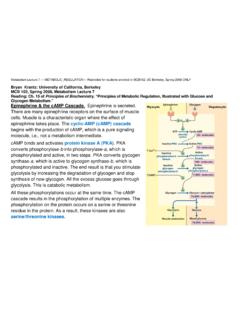

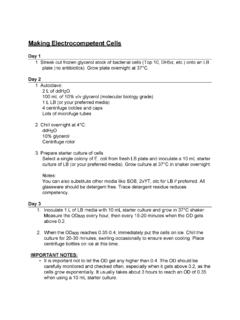
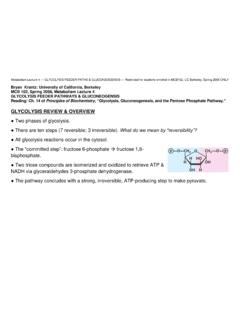
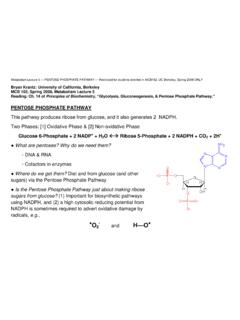
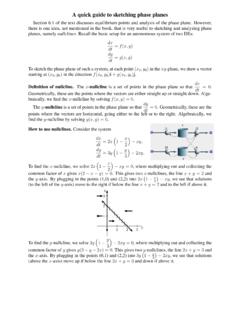
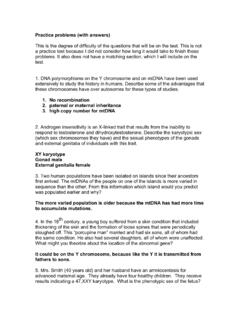
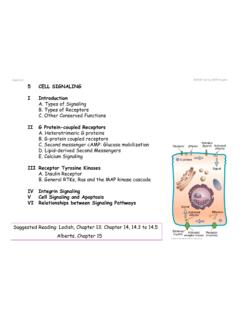
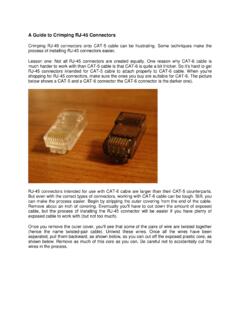
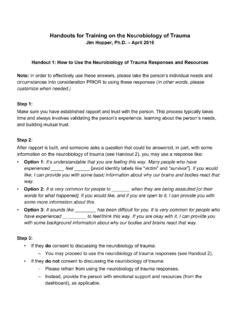



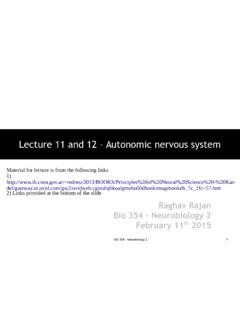


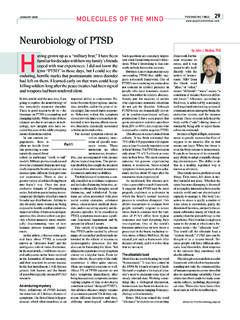

![Neurobiology of Addiction presentation [Autosaved]](/cache/preview/a/c/c/6/9/8/f/8/thumb-acc698f8aa428f97a971250b5c81102d.jpg)